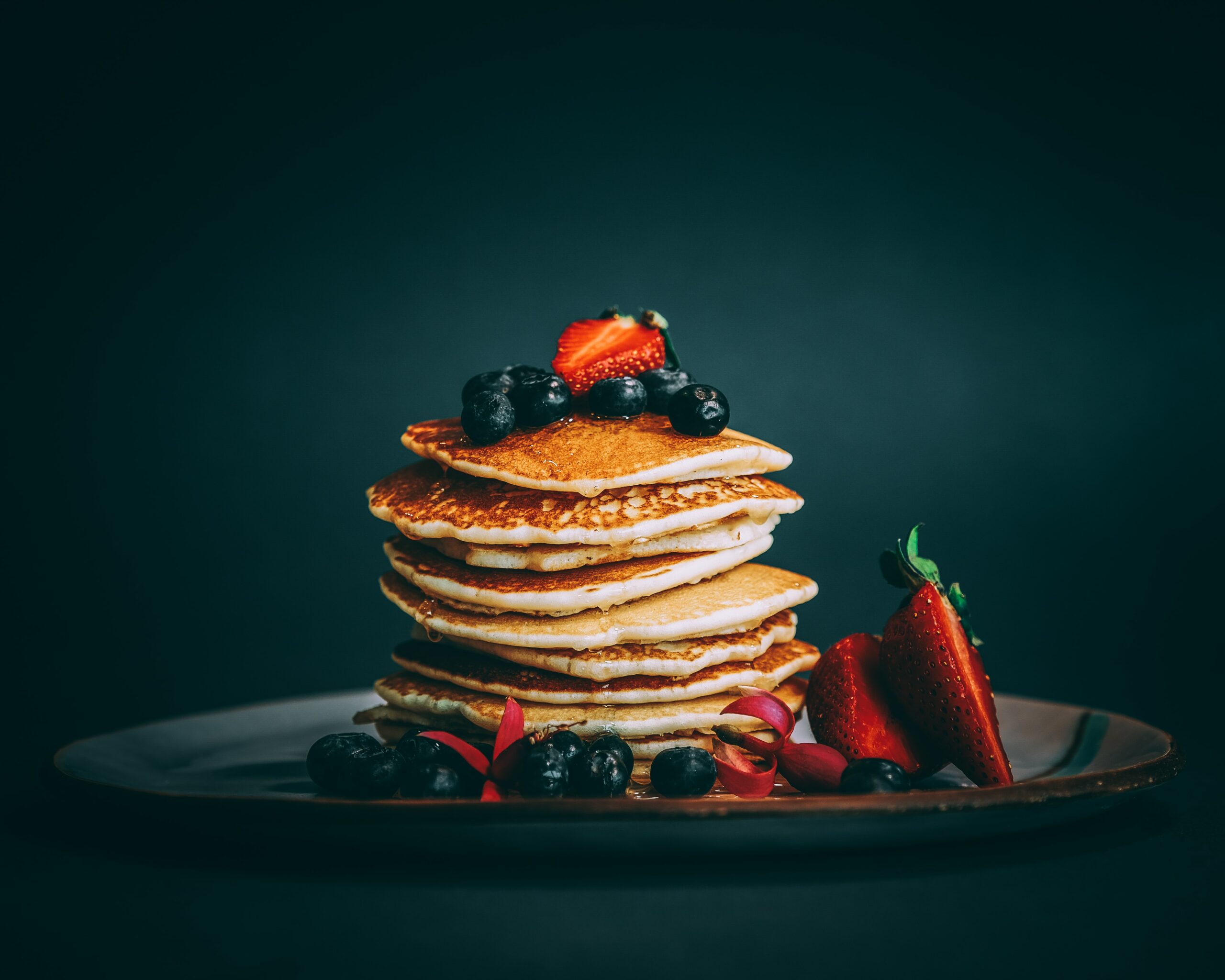
Doing the Math: Understanding Calories
How many calories should you be consuming in a day? Are there different rules for women vs. men? But how exactly do calories work? Is counting calories a legitimate strategy for losing weight? This blog explains the basics you need to know, including covering intermittent fasting vs. calorie counting.
What is a Calorie?
You may be surprised to learn there isn’t a specific thing known as a calorie. Instead, “calorie" is a term of measurement, just like “mile" or “liter." Specifically, a calorie is a unit used to measure energy.
Our bodies are pretty amazing machines if you stop and think about it. And just like any machine, we need fuel. Such a complex machine needs a complex set of fuel sources. Your body needs water, carbohydrates, proteins, fats, vitamins, and minerals.
Water doesn’t have a calorie count, nor do vitamins and minerals. However, we can measure how much energy we get from carbohydrates, proteins, and fats in calories.
If you’re interested in the math, every gram of carbs and proteins gives you 4 calories of energy. Every gram of fat gives you 9 calories of energy. This information becomes more useful if you start to count calories and build your own custom meal plan.
Calories and Fat
Many people tend to confuse calories and fat with each other when talking about the healthy (or not healthy) properties of food. Fat is often associated with high calories – as the math we showed demonstrated, fat tends to have more calories per gram than protein or carbs. However, while there are plenty of high-fat foods that are also high in calories (like bacon), just cutting fat isn’t a guarantee of cutting calories. You have to be aware of fats and carbs at the same time.
Calories and Weight Gain
So as we’ve established, calories are energy. But the human body isn’t quite like a car. Calories that we don’t use don’t simply stay in our stomachs waiting for us to use them. Our body extracts and stores them. Unfortunately for us, our body will store the calories of energy as fat to use at a later date. If you eat more calories than you consume as energy, you’ll gain weight. (If you’re wondering, it’s estimated that about 3,500 hundred calories translate to about a pound of body weight).

Intermittent Fasting vs. Calorie Counting
It’s easy to oversimplify calories as a concept. If excess calories equal fat, the solution is then to simply drop the number of calories, right? This sort of approach is often known as calorie counting. It seems like a clear winner, but how effective is it?
One problem is that the amount of calories is only one part of the equation when it comes to the food you eat. Imagine if you ate only potato chips every day, but just very few of them. Your calorie count might be low, but is that really healthy eating?
Plus, no human can tell you precisely how many calories they are burning in a single day. Some days we’re more active than others – and some people simply have more active metabolisms than others.
Intermittent Fasting and Detox Juice Cleanses
Reducing calories is important. But it’s also essential to get plenty of exercise, eat food that has plenty of vitamins and minerals, stay hydrated, and not starve yourself to the point that you can’t maintain your calorie counting.
This is why intermittent fasting and detox juice cleanses are so popular. Essentially, these are temporary reductions in calories from most sources. In something like a 7 day juice cleanse, you may restrict yourself to juices and detox soups and smoothies.
In the end, both methods probably are losing the same amount of calories, and it’s hard to judge them using a “math" method. However, something like a detox juice cleanse is good not just for keeping weight off but also for losing weight.
This is because going on just a 7 day juice cleanse can have impressive effects on your body. To go back to the car analogy, not only do our bodies consume fuel, but we actually can shit into different “gears." When we reduce our calories through a detox juice cleanse, our body shifts over into a mode where it starts consuming those excess calories stored as fat – hence, weight loss.
Since juice cleanses also tend to be low in things like fats, carbs, and sugars, they also help us get better control of our blood sugar level, and our hunger cravings.
A detox juice cleanse works not just because of the calories you’re losing, but because of what it adds. Too often, calorie counting diets, or hard fasts, end because they’re just not feasible. You just end up feeling too hungry and can’t manage to make it through.
However, something like Chef V’s Blended Juice Cleanse is totally feasible. From our 3 day to 7 day juice cleanse, all the way up to our 21 day detox, all our cleanses contain green drink and other products that are filled with vitamins, minerals and even protein – all the stuff your body needs as essential fuel. This lets you start shedding those pounds quickly and with confidence!